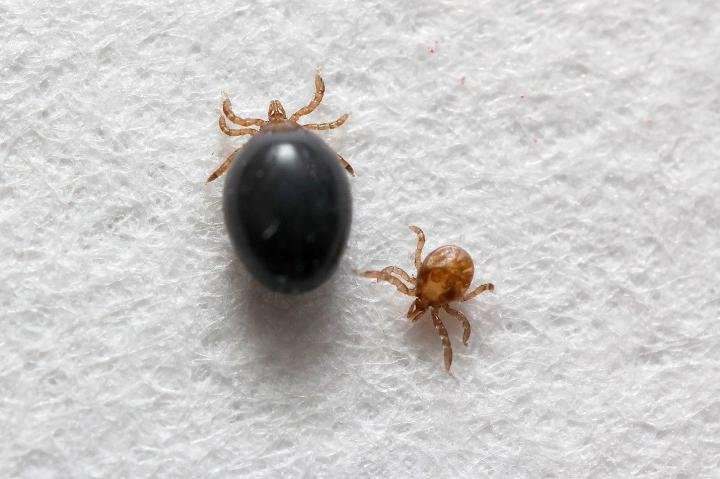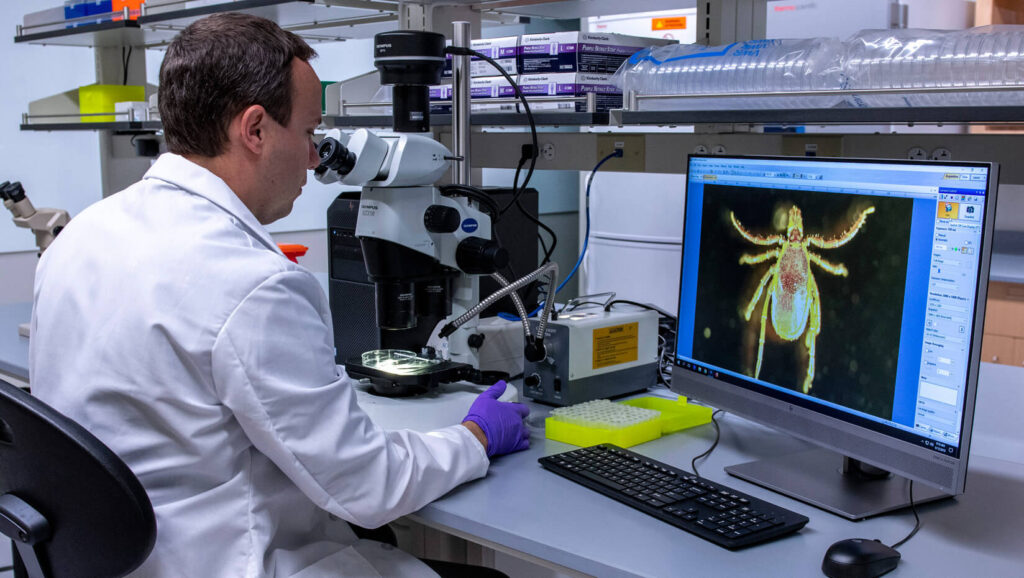

In 1980, Congress passed the Bayh-Dole Act, giving universities and their faculty members permission to stake patent claims on discoveries they made through research funded by federal agencies such as the National Institutes of Health. The Vaccine Connection: Lyme Gets a Business Model In this excerpt, Weintraub shows how these machinations impeded early diagnosis and access to care for 25 years, while never delivering a Lyme vaccine itself. However, this made it virtually impossible for many of the sickest patients to get diagnosed with Lyme, including those who would have tested positive under the previous standards.

Without screening for OspA and its connected protein, OspB, a vaccinated person would test negative, clearing an easy path for FDA approval of the vaccine. This was one pattern of many, according to the manufacturer, that could indicate true infection.Īmong the other changes, the test would no longer consider, for purposes of diagnosis, the protein that formed the active ingredient in the vaccine –Outer Surface Protein (Osp) A. Instead of documenting an expansion and intensification of “bands” representing antibodies to the disease on a Western blot, as before, the new, more restrictive test, called for detection of 5 of 10 bands. The new blood test would make it easier to secure FDA approval for the vaccine, called LYMErix, those at the helm of product development said. In order to shed light on the history of this contentious issue, we are publishing the following excerpt of CURE UNKNOWN: INSIDE THE LYME EPIDEMIC, by Pamela Weintraub.įirst, some background: In 1994, at a meeting in Dearborn, Michigan, a group of laboratory scientists changed the serological definition of Lyme disease in concert with the development of a Lyme vaccine. Editor’s note: The topic of a Lyme vaccine has raised some controversy surrounding the federal Tick-Borne Disease Working Group, which meets this week in Washington DC.


 0 kommentar(er)
0 kommentar(er)
